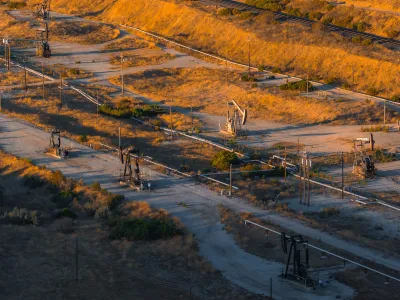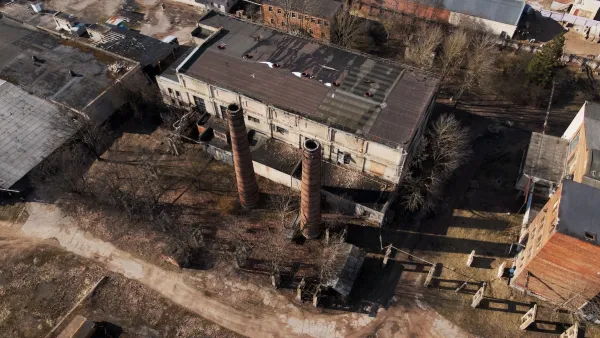The Equitable Community Revitalization Grant (ECRG) program is reshaping brownfield redevelopment by prioritizing projects in low-income and environmental justice communities, emphasizing equity, transparency, and community benefits.

The Equitable Community Revitalization Grant (ECRG) program, launched in 2021 by California's Department of Toxic Substances Control (DTSC), represents a major shift in how the state approaches brownfield cleanup and reuse. Prioritizing environmental justice and equitable development, ECRG was designed to serve communities disproportionately burdened by pollution and disinvestment. The Othering & Belonging Institute at the University of California, Berkeley recently released a report that assesses the program’s early implementation, examining how its design influenced project selection and outcomes, and how it differs from traditional approaches to brownfields redevelopment.
With over $129 million awarded across 90 projects, ECRG has shown early signs of success in aligning cleanup efforts with community needs. Compared to a sample of 108 non-ECRG brownfield projects, ECRG-funded efforts were more likely to be led by public or nonprofit entities, include robust community engagement, and be located in low-income or environmental justice communities. Projects supported by ECRG also placed a stronger emphasis on equitable outcomes, such as affordable housing, local workforce development, and community-centered reuse like parks and gardens.
The program’s design and execution reflected a collaborative and adaptive model, incorporating feedback from partners like the California Environmental Justice Alliance (CEJA) to improve equity and accountability. While it is too early to fully evaluate long-term impacts, ECRG stands out as a promising model for integrating equity into brownfields policy and practice. Findings of the report offer valuable insights for California and other states seeking to transform contaminated lands into assets that serve—and are shaped by—the communities most affected.
FULL STORY: Greater Social Equity in Brownfields Cleanup and Reuse

Maui's Vacation Rental Debate Turns Ugly
Verbal attacks, misinformation campaigns and fistfights plague a high-stakes debate to convert thousands of vacation rentals into long-term housing.

Planetizen Federal Action Tracker
A weekly monitor of how Trump’s orders and actions are impacting planners and planning in America.

In Urban Planning, AI Prompting Could be the New Design Thinking
Creativity has long been key to great urban design. What if we see AI as our new creative partner?

King County Supportive Housing Program Offers Hope for Unhoused Residents
The county is taking a ‘Housing First’ approach that prioritizes getting people into housing, then offering wraparound supportive services.

Researchers Use AI to Get Clearer Picture of US Housing
Analysts are using artificial intelligence to supercharge their research by allowing them to comb through data faster. Though these AI tools can be error prone, they save time and housing researchers are optimistic about the future.

Making Shared Micromobility More Inclusive
Cities and shared mobility system operators can do more to include people with disabilities in planning and operations, per a new report.
Urban Design for Planners 1: Software Tools
This six-course series explores essential urban design concepts using open source software and equips planners with the tools they need to participate fully in the urban design process.
Planning for Universal Design
Learn the tools for implementing Universal Design in planning regulations.
planning NEXT
Appalachian Highlands Housing Partners
Mpact (founded as Rail~Volution)
City of Camden Redevelopment Agency
City of Astoria
City of Portland
City of Laramie





























